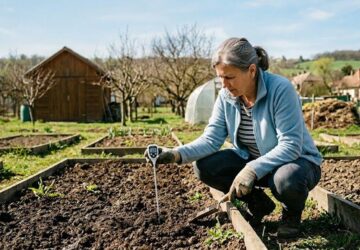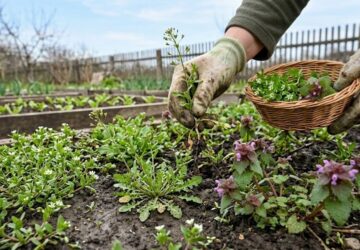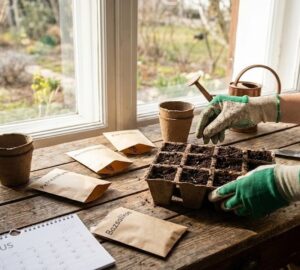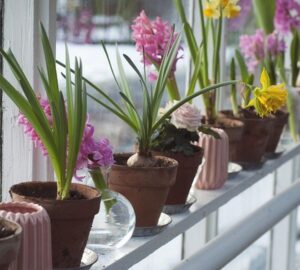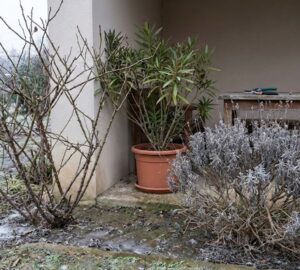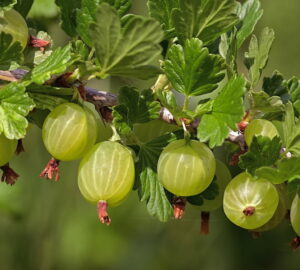Why spend a fortune on your garden when you can achieve a lush and beautiful paradise without breaking the bank? Gardening on a budget is not only possible but also rewarding. We’ll provide you with 12 practical tips to help you save money while maintaining a stunning garden full of vibrant blooms and bountiful harvests.
1. Mindful Plant Selection
Plants may appear dazzling in garden stores, but achieving the same beauty in your garden isn’t guaranteed unless you can provide them with the right conditions. For instance, blueberries will struggle in alkaline soil, and frost-sensitive figs could succumb to the cold if planted in a chilly climate. Seek advice from gardening experts to understand a plant’s specific requirements before adding it to your collection. When purchasing multiple plants, inquire about possible discounts, as younger specimens are often more budget-friendly. Opting for bare-root plants can also be a cost-effective choice compared to potted ones.
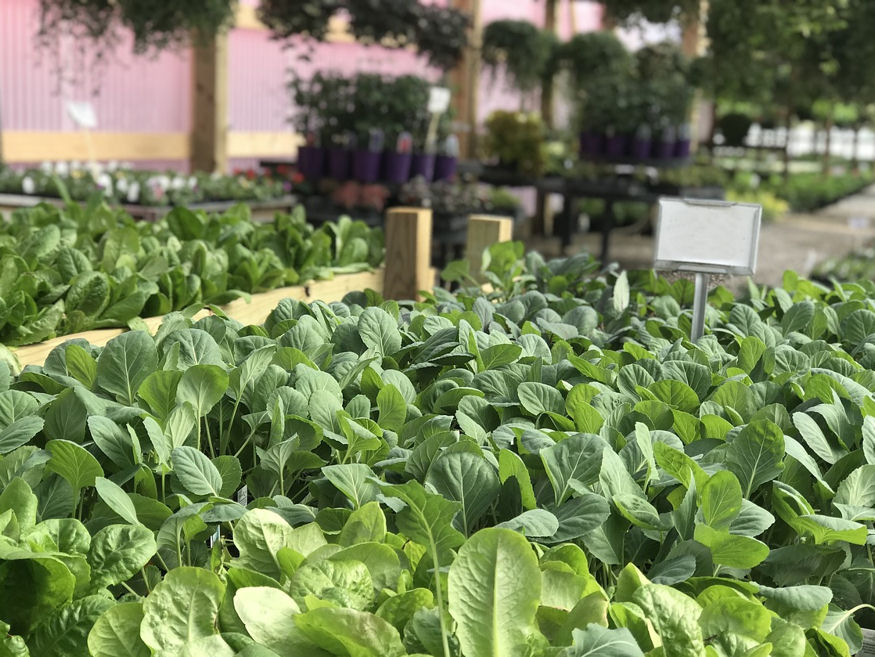
2. Embrace Natural Pest Control
Your garden has natural allies against pests. Ditch expensive pesticides and create a welcoming environment for beneficial insects and animals. Install insect hotels, birdhouses and birdbaths, grow nectar-rich flowers, and use home remedies like nettle tea to attract birds, hedgehogs and ladybugs.
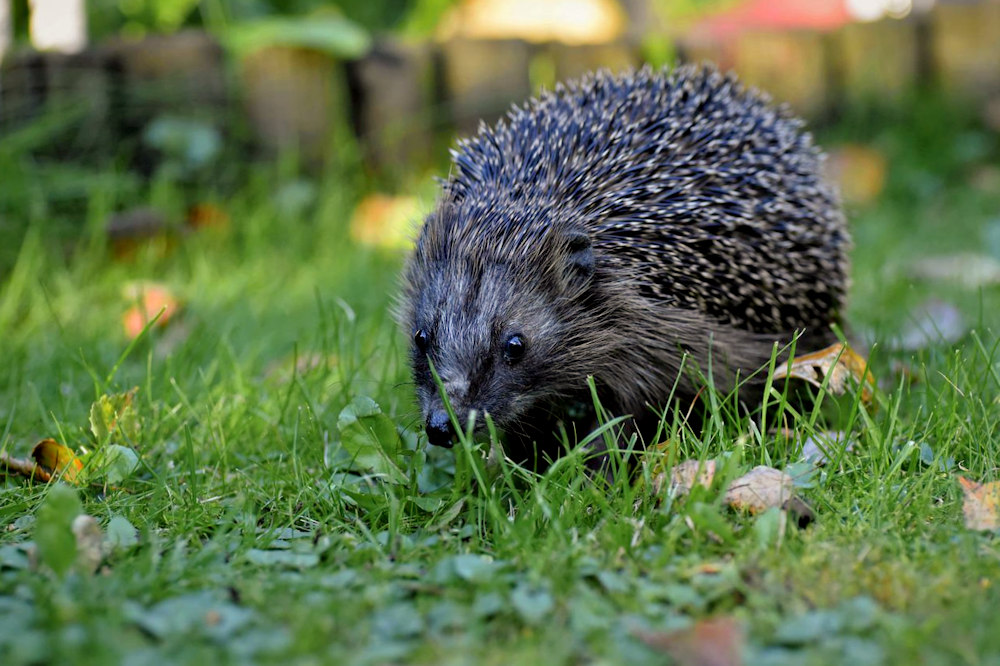
3. Playful Garden for Kids
Transform your garden into a playground for children without spending a fortune on toys. Encourage their imagination by fostering activities like hide and seek, bug hunting, sandbox play and engaging in classics such as hopscotch, jump rope or flying kites. Additionally, involve them in light gardening tasks like planting colorful flowers or herbs, watering plants and raking leaves. These activities not only teach them about nature but also provide a sense of accomplishment and bonding with the garden.
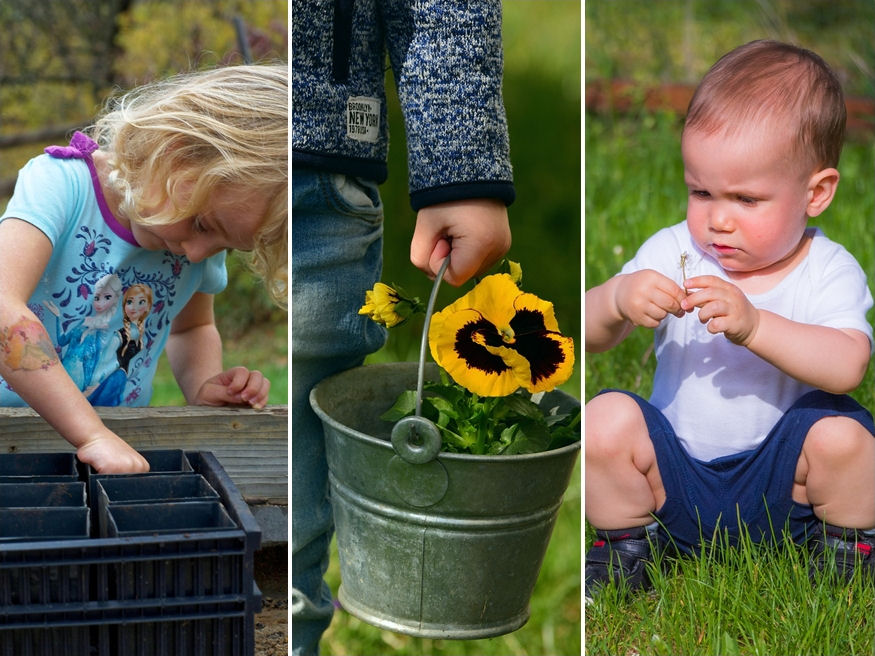
4. Propagate Your Plants
You can effortlessly propagate many perennials and ornamental grasses yourself, either through stem division or by taking cuttings. Using a spade, not only can you multiply your plant collection, but you can also rejuvenate your existing stock. In the autumn, consider collecting seeds from certain plants, like sunflowers, African marigolds and pot marigolds, and sow them the following year. Additionally, cultivating a habit of swapping plants with your neighbors and acquaintances can be a rewarding practice, allowing you to expand your garden with new varieties at no cost.
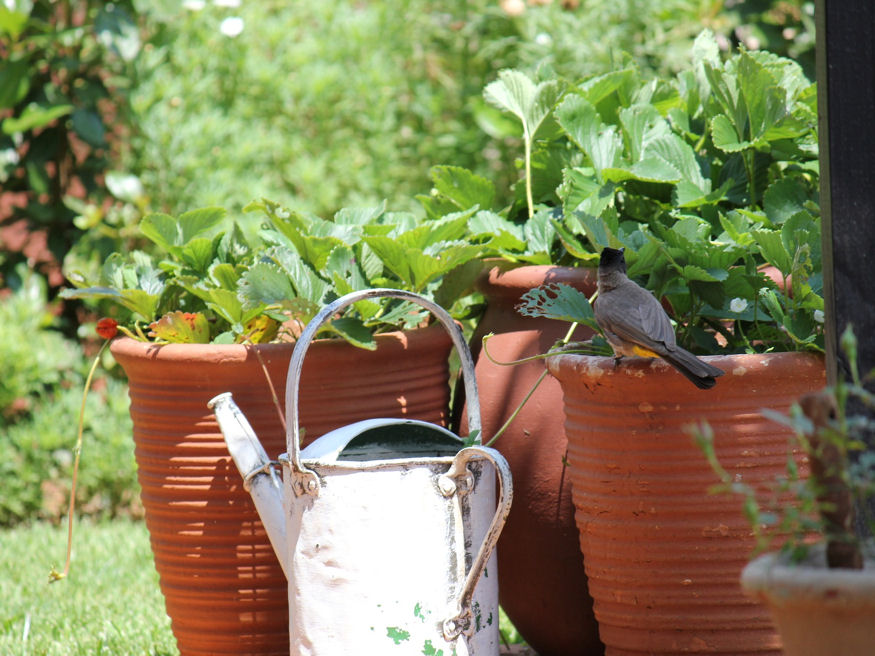
5. Invest in Quality Tools
Opt for high-quality garden tools that last, rather than replacing cheap ones annually. Prioritize essential tools such as lawnmowers, wheelbarrows, pruning shears, rakes, watering cans, spades and shovels. Properly store and maintain your tools to extend their lifespan.
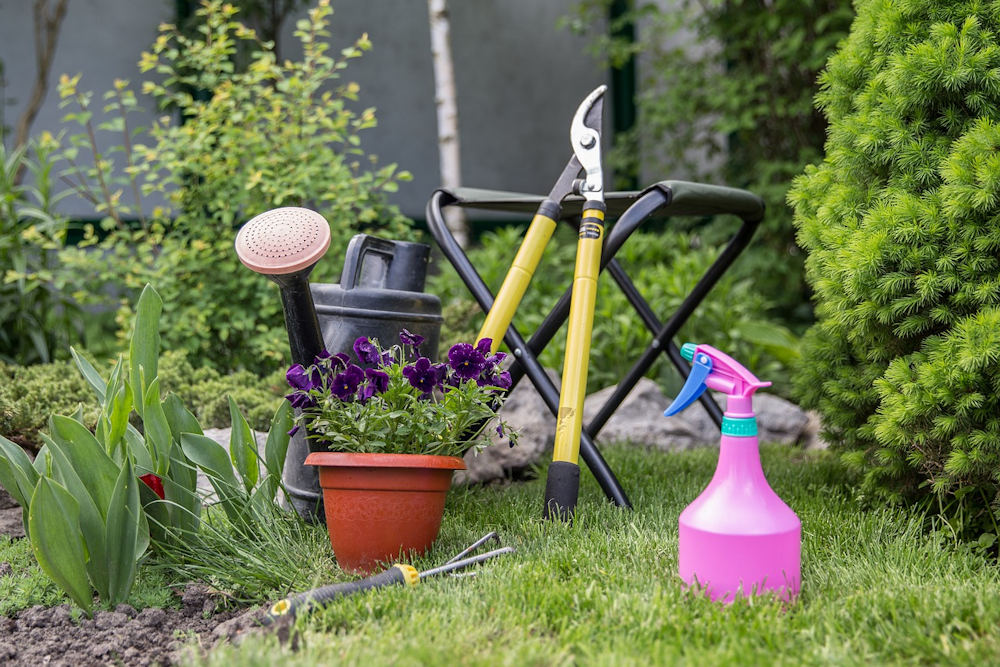
6. Harvest Rainwater
Conserve water and reduce costs by collecting rainwater for irrigation. Invest in a rain barrel with a secure lid to prevent mosquito breeding. Consider an efficient irrigation system that delivers water directly to plant roots.
7. Grow Your Own Produce
Save on expensive compact crops like mini cucumbers, cherry tomatoes and everbearing strawberries by starting from seeds. These varieties are ideal for small spaces like balconies or porches.
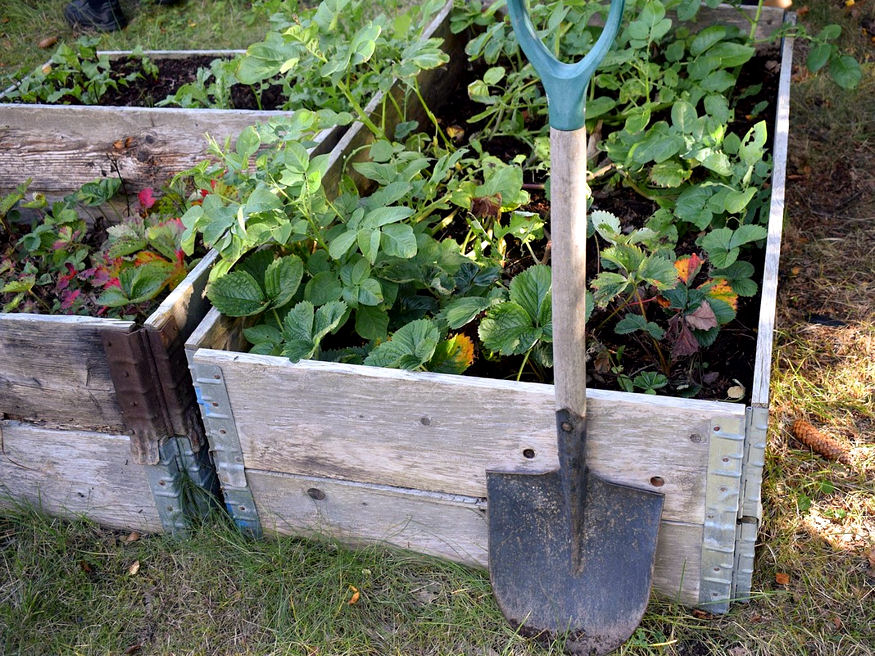
8. Upcycle Household Items
Get creative by repurposing household items in your garden. Turn old newspapers, magazines and egg cartons into seedling cups. Transform discarded objects into unique flower stands, such as a rusty bicycle.
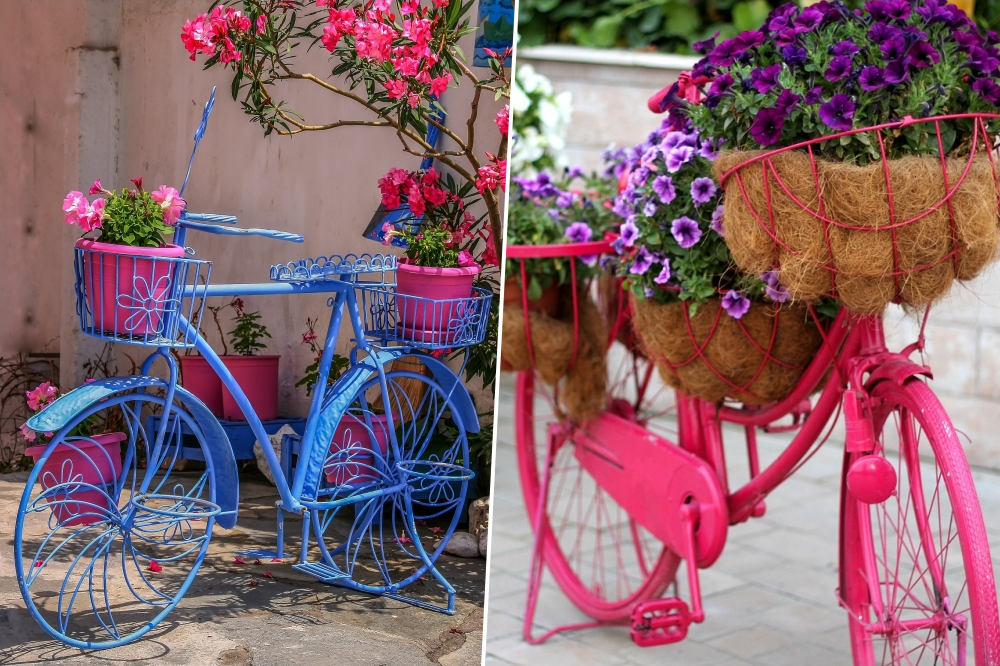
9. End-of-Fall Bulb Shopping
Score a deal by purchasing flower bulbs like snowdrops, crocuses and winter aconites at the end of the fall season. Nurseries often sell them at discounted prices in November, and you can still plant them if the ground isn’t frozen.
10. Kitchen Waste as Fertilizer
Reuse kitchen scraps as organic fertilizers. Banana peels provide potassium for flowering plants and roses, while coffee grounds and tea leftovers offer nitrogen-rich nourishment.
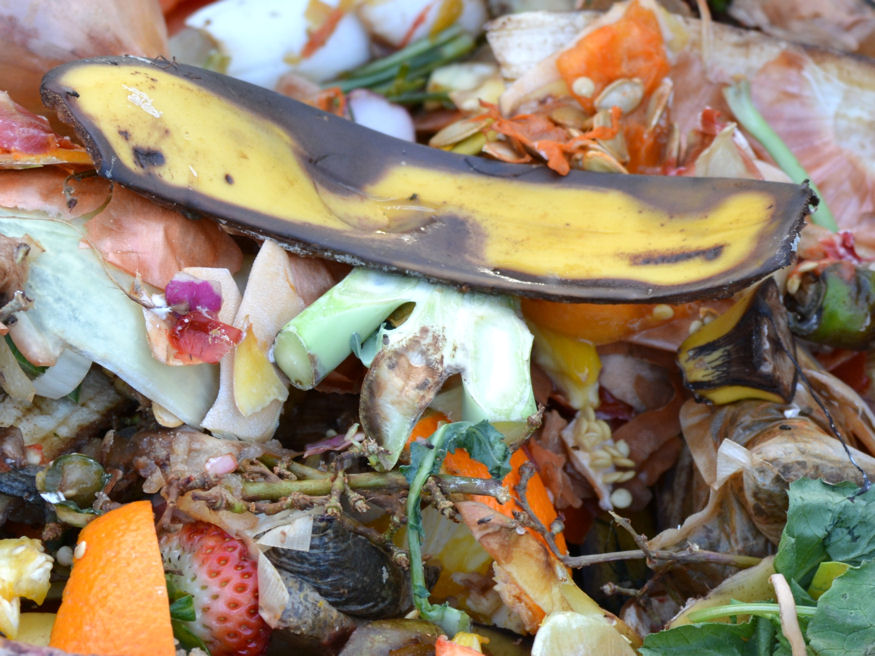
11. Join a Plant Exchange
Participate in plant exchanges or gardening clubs within your community. These networks often offer free or low-cost plants and gardening advice.
12. Compost for Soil Enrichment
Create your own nutrient-rich compost using kitchen scraps, yard waste and fallen leaves. Compost not only enriches your soil but also reduces the need for store-bought fertilizers.
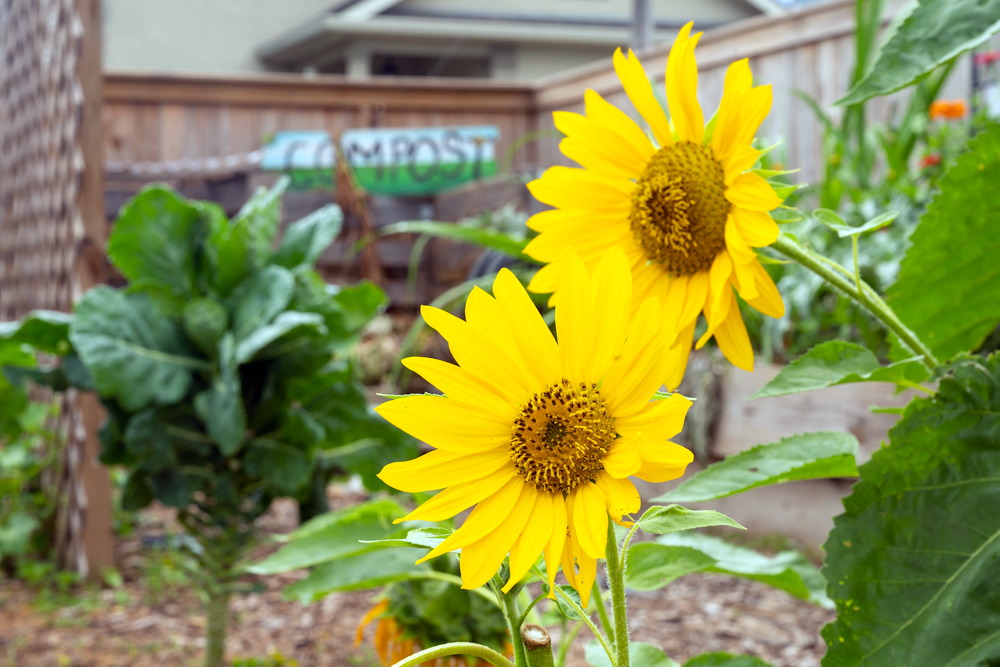
Gardening on a budget is a delightful journey that can yield stunning results. By following these 12 thrifty tips, you can create a garden that’s both beautiful and cost-effective. From savvy plant choices to embracing natural solutions and reusing everyday items, your garden will flourish without straining your wallet. Happy gardening!

